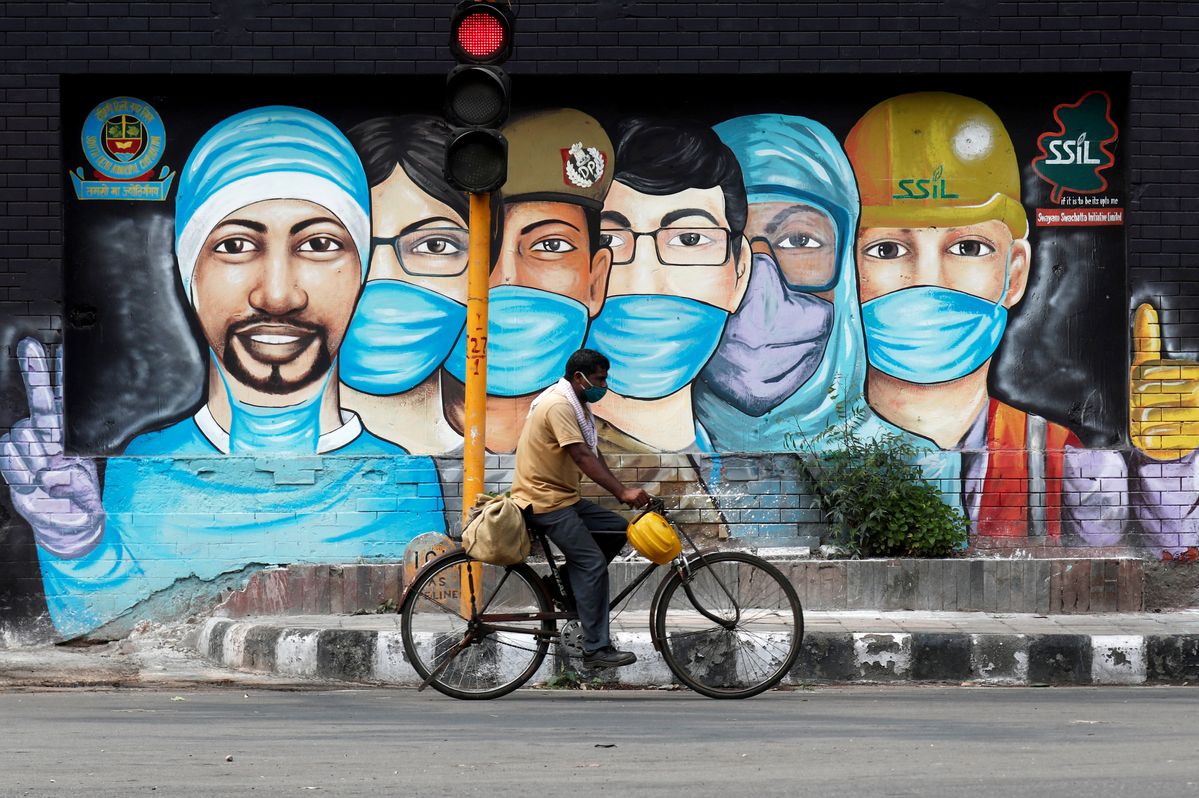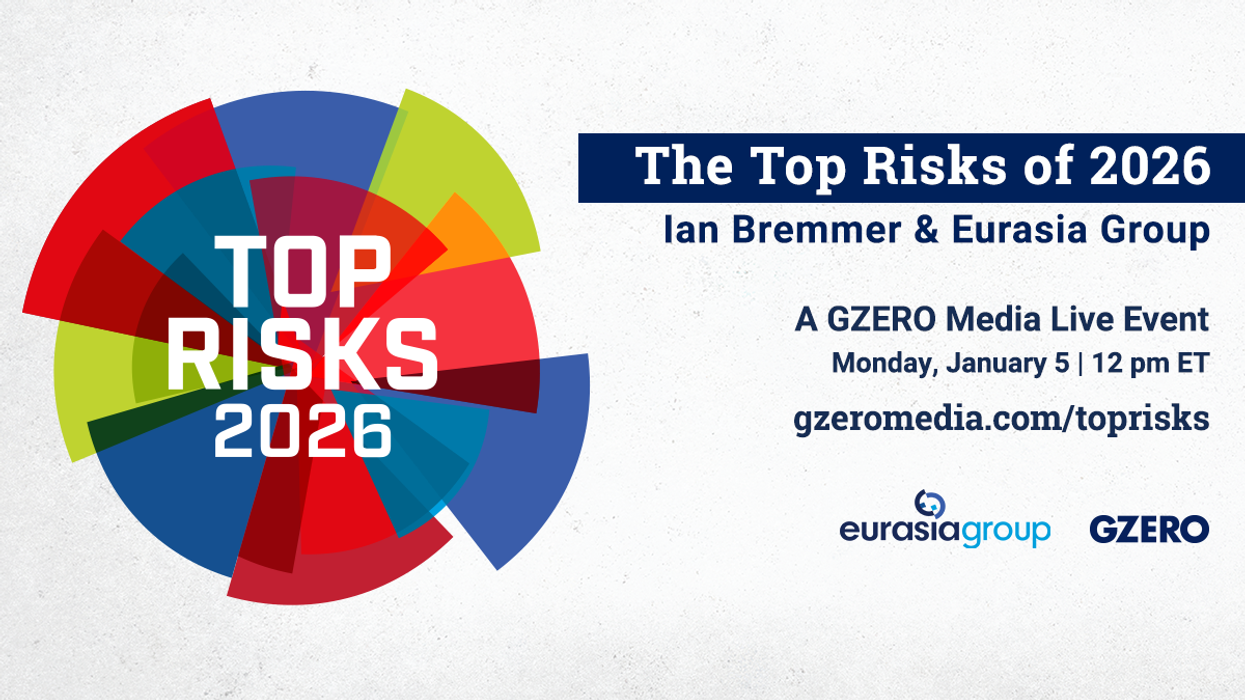COVID-19 pummels India: India, home to 1.3 billion people, passed a grim milestone recently as the country with the fastest growing epidemic in the world, according to Bloomberg's COVID tracker. Reporting over 1.43 million cases on Monday, a 20 percent week-on-week increase, it now trails only the US and Brazil in the number of confirmed coronavirus cases. Indeed, several factors have complicated India's efforts to contain the virus. Workers who toil in the country's robust informal sector do not have the luxury of working from home. Meanwhile, social distancing and hygienic upkeep are all but impossible for millions of people living in crowded slums. On Monday, India recorded one of its highest daily caseloads, with almost 50,000 reported infections, likely a gross undercount considering that the country still has one of the lowest testing rates in the world. (India is testing around 12 people per 1,000, compared to 153 in the US, 130 in the UK, and 184 in Russia.)
Fresh wave of violence in Darfur: At least 60 people have been killed in clashes in Sudan's Darfur region in recent days, the latest episode in a string of violent incidents that threaten to destabilize the country's nascent transitional government. Clashes between the Masalit ethnic group and other Arab tribes broke out after some 500 armed militants stormed the Masteri village on Saturday, and proceeded to loot homes and food markets. This attack coincided with the region's agricultural season, exacerbating the dire humanitarian situation in the region (around 6.2 million Sudanese rely on humanitarian assistance to survive, according to USAID.) The recent unrest threatens the effort by Sudan's joint civilian-military government — which came to power after Omar al-Bashir, Sudan's former strongman president, was overthrown in a coup last year — to end a decades-long civil war that displaced millions of people. Al-Bashir himself is expected to face international charges of genocide and crimes against humanity in The Hague because of his government's brutal crackdown on rebellions that resulted in at least 300,000 deaths.
US election calendar: Last Sunday, many US analysts noted that the November 3 US elections were just 100 days away. This is false. President Trump has much less than 100 days to stage a comeback in a race he now appears to be losing, because more US states now allow early voting by mail, and because COVID-19 makes it more likely that tens of millions of Americans will cast mail-in ballots in September and October. The virus will likely blunt the political impact of the scaled-back party conventions scheduled for August, and as many as half of all votes cast in swing states like Wisconsin, Pennsylvania, Michigan, Florida, and North Carolina may well be cast before the first televised presidential debate scheduled for September 28. (That debate is now looking for a new venue after COVID-19 forced the University of Notre Dame to withdraw as host on Monday.)


















